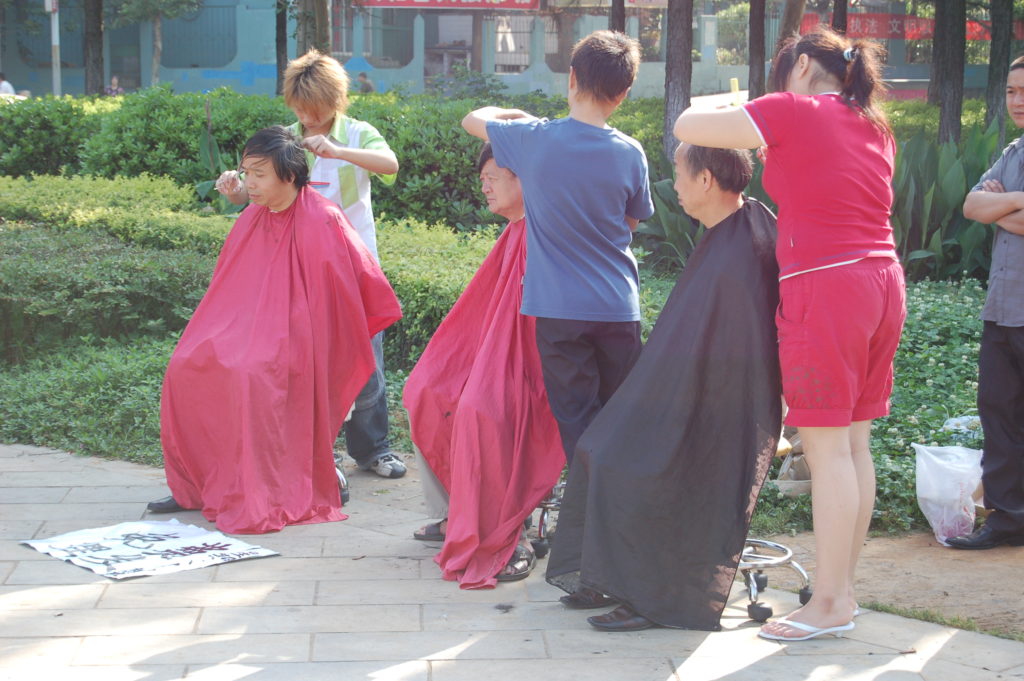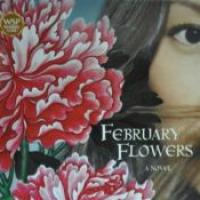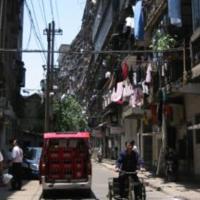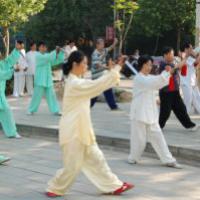If there’s anything I miss about China it’s this kind of neighborhood scene—chaotic, yet full of life – Fan Wu
My parents moved to Nanchang, my mother’s hometown, in mid-80s. My mother gave up her career as a biologist and became a librarian, while my father taught at a high school. Both retired, they still live in Nanchang.
After college I went to work in Shenzhen, China’s first Special Economic Zone, now a major financial powerhouse with a population of 15 million. Here is how Old Hu, a fictional character in my latest book, “Song of The Daisies,” describes the city: “It (Shenzhen) was a fishing village not many years ago but now it’s as prosperous as Hong Kong…Yeah, they say it’s an Economic Special Zone, a perfect blend of socialist idealism and capitalist practicality but to me it’s just greed, nothing more.”
But for the 16-year-old heroine in my story “Jade,” Shenzhen is a dazzling world, a beautiful mirage, packed with skyscrapers and luxuriously decorated boutiques, where a special entry permit was required.
I lived on and off in Shenzhen for three years and had varied jobs.
Here is how Moli Yang, the protagonist in my new novel, “Song of The Daisies,” describes her hometown:
“Whatever renovation the city has done has only made it more crowded and messy. After getting out of the taxi—roadblocks prevent it from going further—I follow the map my cousin Weiming has drawn, traversing an old railroad, then a tunnel where unlicensed vendors occupy narrow walkways on both sides, selling batteries, foldable knives, knock-off purses and shoes, women’s underwear and stockings, toys, children’s books and rat and cockroach pesticides.
Beyond the tunnel is an alley full of small shops and restaurants where customers eat at outside tables. It is hot, over 35 degrees Celsius. When I reach the end of the alley I see a huge oak tree growing inside an occupied house. Beneath the tree activities thrive: squatting young people play poker, an old man carrying a radio sings a dirge-like Cantonese opera, people have their hair cut and ears cleaned for two yuan, a man applies sandpaper to a cracking wooden table, girls wearing red scarves jump ropes, several men play pool, a young woman sorts out a pile of vegetables while a grey rabbit munches on the rotten leaves she has discarded.
I can’t stop looking, as if I were in a theater. If there’s anything I miss about China it’s this kind of neighborhood scene—chaotic, yet full of life.”








